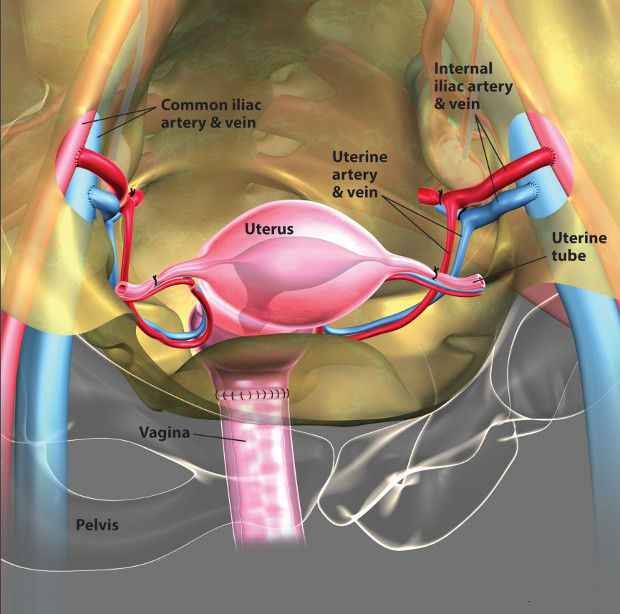Update (December 4): One of the women who received a uterus transplant as part of a trial at Baylor University Medical Center in Dallas has given birth to a baby boy, the hospital announced last week. She is the first woman in the U.S. to have successfully carried and birthed a child with a transplanted uterus. “It was a very exciting birth,” Liza Johannesson, a uterus transplant surgeon at Baylor, tells The New York Times. “I’ve seen so many births and delivered so many babies, but this was a very special one.”
After being halted temporarily last year, the program at the Cleveland Clinic has resumed, but no additional participants have yet received transplants. At Sahlgrenska University Hospital in Sweden, however, eight babies have been ...





















